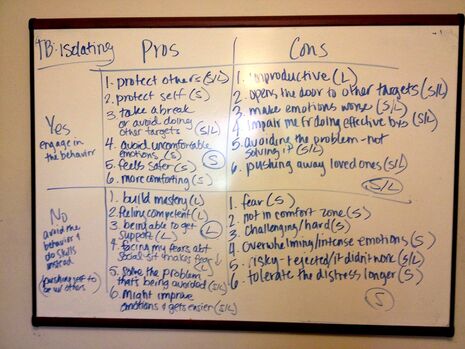The Strong/Sensitive Type. |
A thoughtful, playful blend of science and heart
Relationship, sex, and career support for deep feelers & thinkers
from Rebecca Robinson: CA-, PA-, and FL-licensed therapist / sensitiveandpractical.com
Relationship, sex, and career support for deep feelers & thinkers
from Rebecca Robinson: CA-, PA-, and FL-licensed therapist / sensitiveandpractical.com
|
|

 RSS Feed
RSS Feed